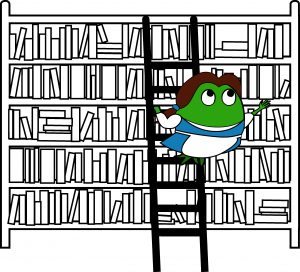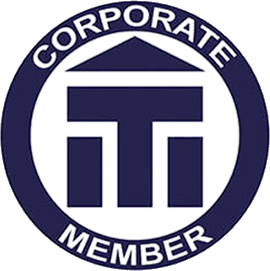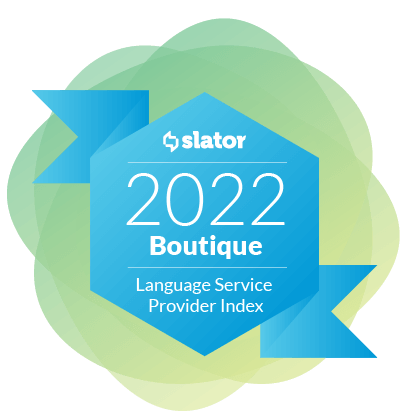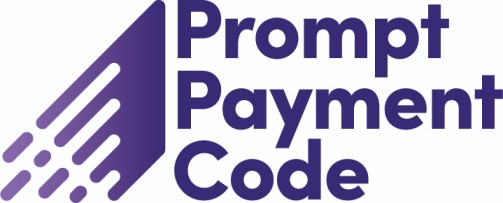Translation Agency Tips: #35 How best to use reference material

Whether the source materials you’ve been given to work on are of a technical nature or whether they’re fairly straightforward, if your client has provided you with some reference material you’ll need to make sure you use this efficiently.
The very nature of translation is subjective, so if a client has had something translated before in a style they liked, it’s beneficial to all parties that they provide this for reference when working on new materials. It’ll help you with terminology, style and tone, and make sure you deliver an end product you know your client is happy with.
If you’ve undertaken a translation focused around a technical subject, you must take into account that this client is entrusting you with something that could be crucial to their business or personal life. Sometimes we receive manuals for factory machinery or legal certificates, and if the client hasn’t provided any reference materials, it’s very important to find your own source of reference to use for the project.
For example, in the case of a technical manual you may not always know everything about the topic nor be aware of some of the specific terminology or elements used in a particular industry. In such cases you can refer to specialised websites. First of all you may want to check out the website of the company that the translation is for and make sure the terminology used is consistent with the client’s preferences (if there are any existing translations). Another option would be to look at other similar companies’ websites, or at approved technical glossaries available on the web, which would prevent you using incorrect terminology.
Translating materials in a topic you’re unfamiliar is not something we’d ever recommend, but the occasion may arise when you’re in this situation. If you aren’t working in a field you’re especially experienced in, it is essential, before starting working on the project, to take the time to immerse yourself in the subject. Search for glossaries, read articles, watch videos, and consult other colleagues who may be able to provide additional information.
Also, ask the client to provide any reference material they have available; especially in the case of technical manuals, illustrative diagrams and specialised glossaries, this can be very helpful.
In many instances there can be several possible translations for the same term, and all of these can be correct, depending on the different context. The differences can vary depending on how formal the word is, the style the client requires or the industry in which that specific term is used. If/when you come across such a term, it is always best to raise a query for the attention of the client or check with a specialised term base to avoid any mistranslations.
Following these steps should help you to provide a translation your client will be happy with, and one that has been perfectly adapted to the necessary target language.
If you’d like help with technical translations and perhaps how to supply the best reference material to your translator, please chat with us using the ‘live chat’ box at the bottom of the screen – or contact us – whatever suits you best.










